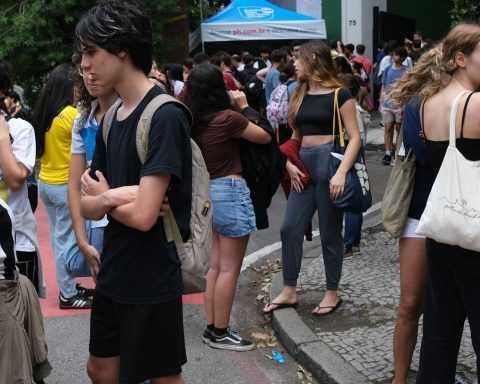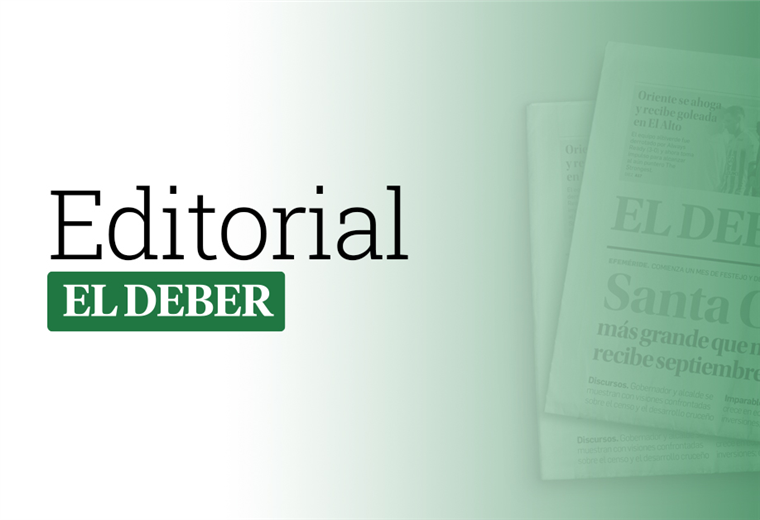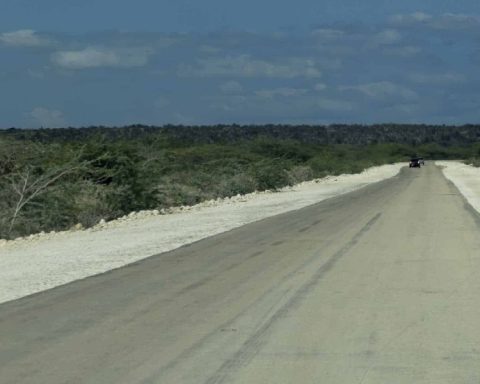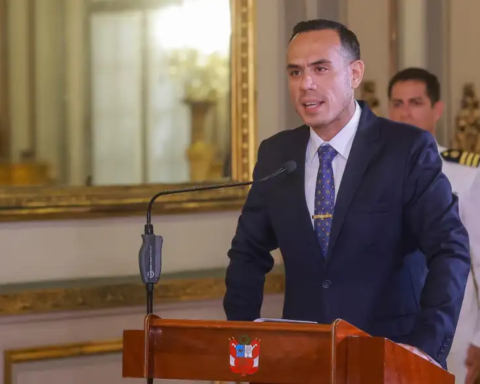The Oswaldo Cruz Foundation (Fiocruz) signed today (12), in Beijing, a cooperation agreement in the field of science and technology with the Chinese institution CAS-TWAS Center of Excellence for Emerging Infectious Diseases (CEEID). Among the measures, the creation of the Sino-Brazilian Center for Research and Prevention of Infectious Diseases (IDRPC) is planned. One headquarters will be in Beijing and the other in Rio de Janeiro, at Campus Manguinhos.
The partnership is especially focused on the prevention and control of pandemics and epidemics, and infectious diseases. Among them, covid-19, influenza, chikungunya, zika, dengue, yellow fever, oropouche and tuberculosis. There is also a commitment to developing global health public goods, such as rapid diagnostic tests, therapies, vaccines and drugs.
According to Fiocruz, talks to sign the agreement began before 2019, but there was a delay due to the pandemic and political issues. The agency attributes to the change in the federal government the reason why it was possible to establish the partnership now and bring the interests of Brazil and China closer together.
“In addition to the cooperation already under way in the field of genomics, we also want to give a more technological character to this partnership and develop products for health. We are also considering making joint calls for proposals related to specific projects and increasing the flow of researchers between China and Brazil. And one of the highlights is holding a seminar by the last quarter of this year or the first quarter of next year, so that we can identify connection points and potential contracts”, said Fiocruz president Mario Moreira.
“This agreement strengthens cooperation in public health,” commented Shi Yi, executive director of CEEID.
Both the headquarters in Beijing and the one in Rio de Janeiro will have researchers from both countries. In addition to the exchange of knowledge and technologies, joint projects are planned, such as the development of new vaccines, therapeutic antibodies and drugs for acute and chronic infectious diseases, in addition to collaborations in tropical medicine. In Beijing, the center will operate at the Institute of Microbiology. In Brazil, it will be located in the building of the Center for Technological Development in Health (CDTS), still under construction, with delivery expected at the end of 2024.
“For the first time, we are going to establish two physical centers, which will be used by Brazilian and Chinese researchers. We are transforming events that used to be of short duration, such as visits by researchers, into permanent activities. The idea is to have Chinese scientists here for long periods, one month, one year, two years”, said Carlos Morel, CDTS coordinator.
knowledge exchange
Among the exchanges of knowledge, China has a special interest in the production of the vaccine against yellow fever, a technology that Fiocruz has already mastered for some time. Chinese infrastructure works in Africa have increased and workers in the Asian country have contracted the disease. For Brazil, it is interesting to have access to the production process of the Active Pharmaceutical Ingredient (IFA), used in vaccines such as covid-19.
Scientific background
Brazil and China began to get closer in the scientific field with the visit of a delegation led by scientist George Fu Gao, then director of the Chinese Center for Disease Control and Prevention (CDC/China), in June 2017. In the same year, Gao and Nísia Trindade Lima, president of Fiocruz at the time, signed a Memorandum of Understanding for the development of research and technology projects. The Minister of Health in Brazil, Ricardo Barros, and the Chinese Vice Minister, Guoqiang Wang, also participated. Since then, communications between scientists from both countries have increased, with seminars, articles and academic exchanges being held.















